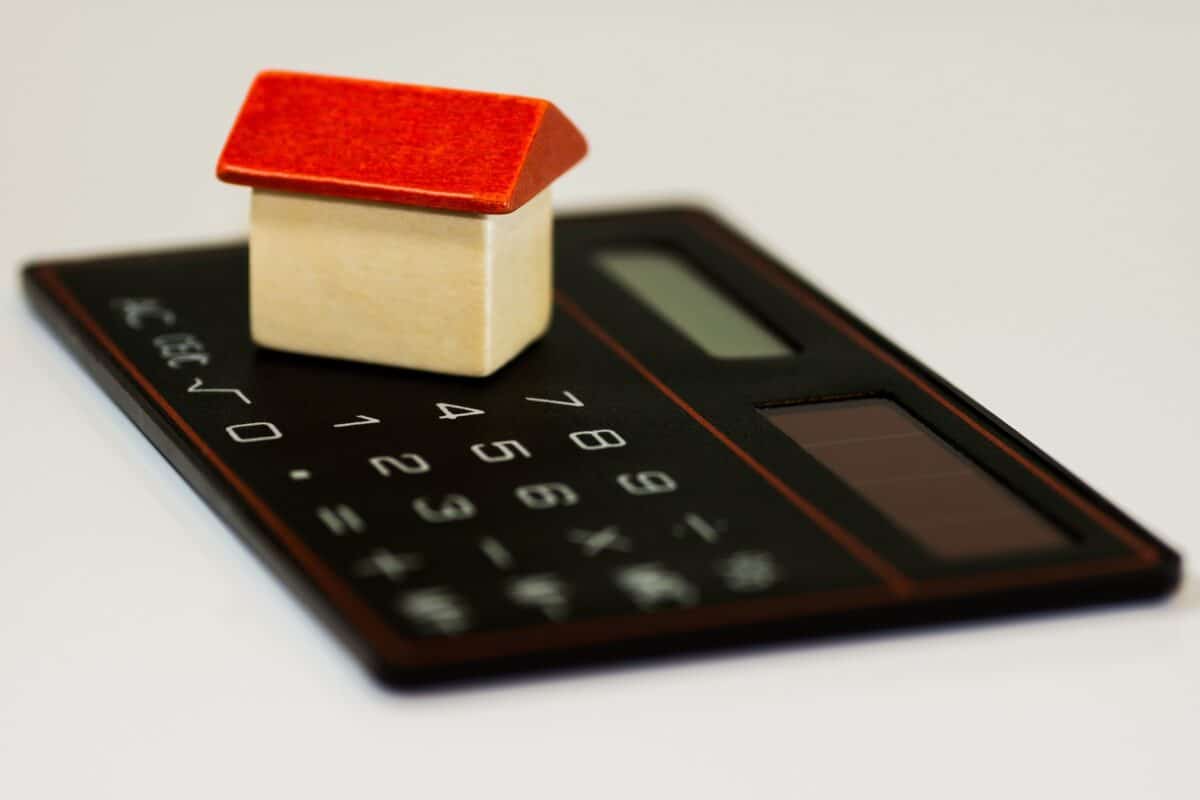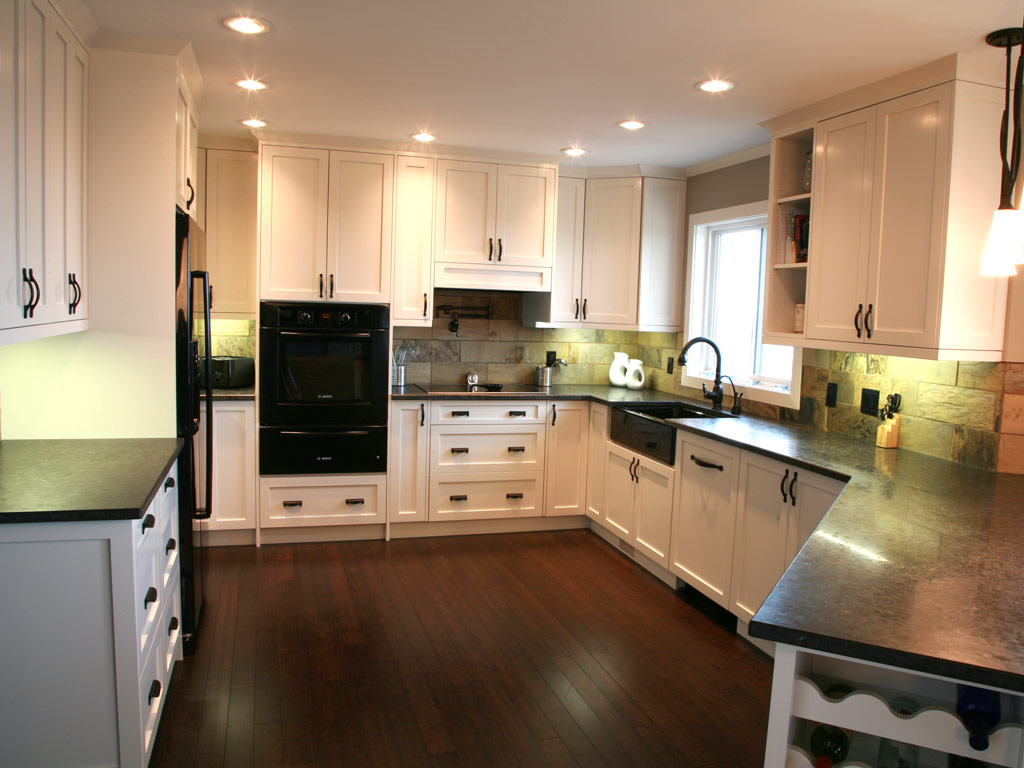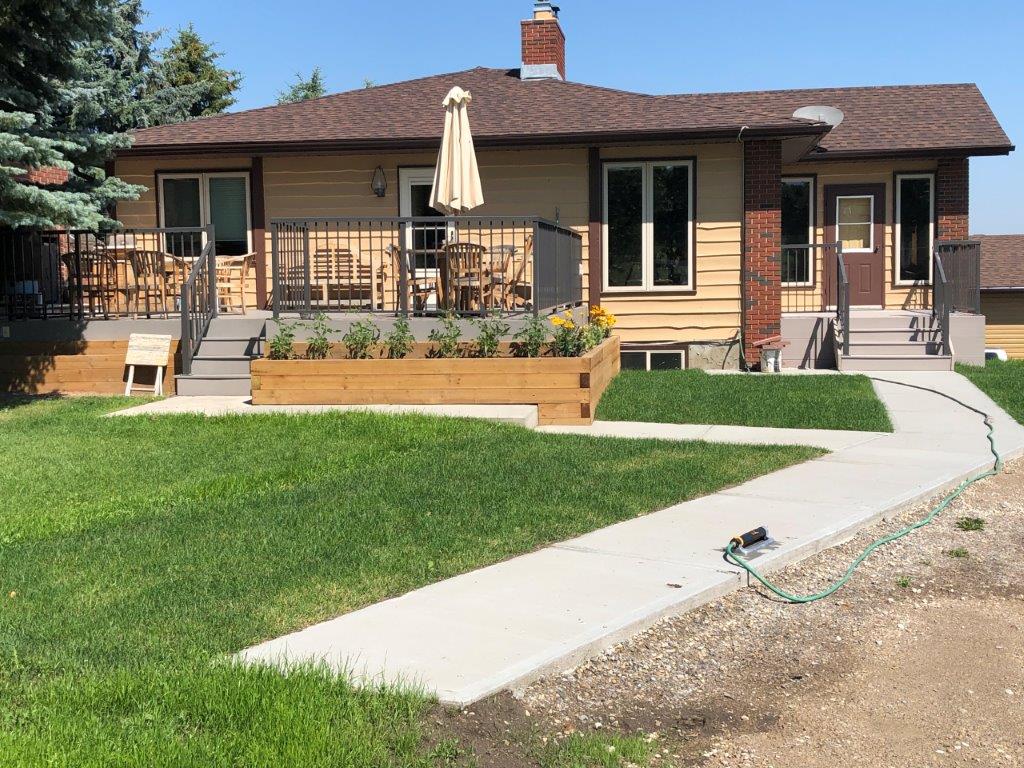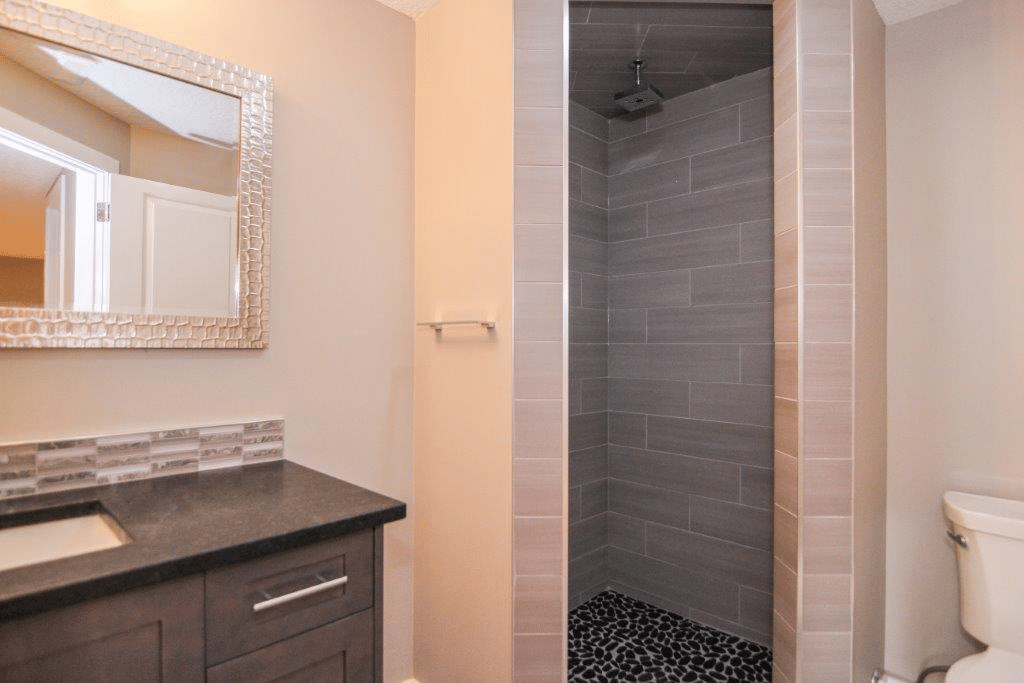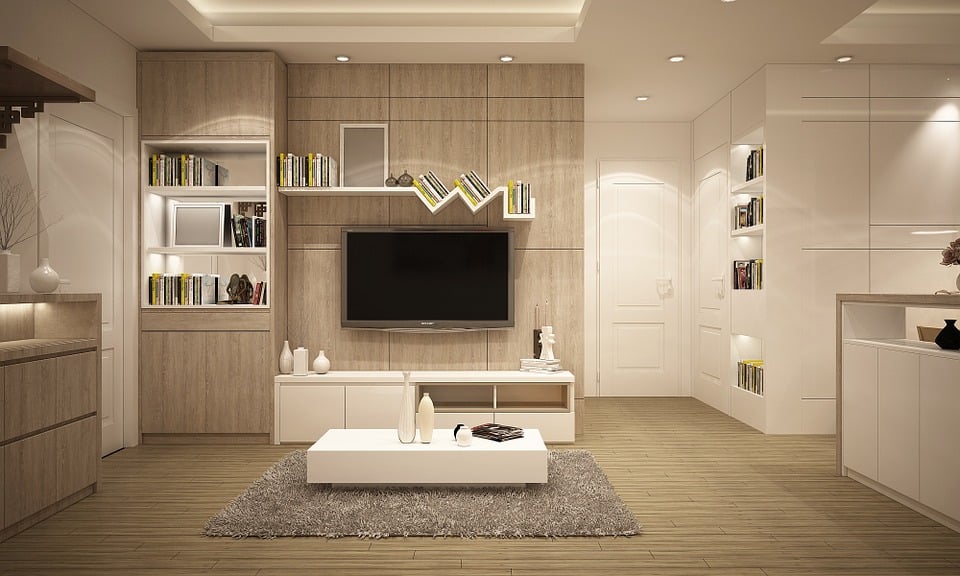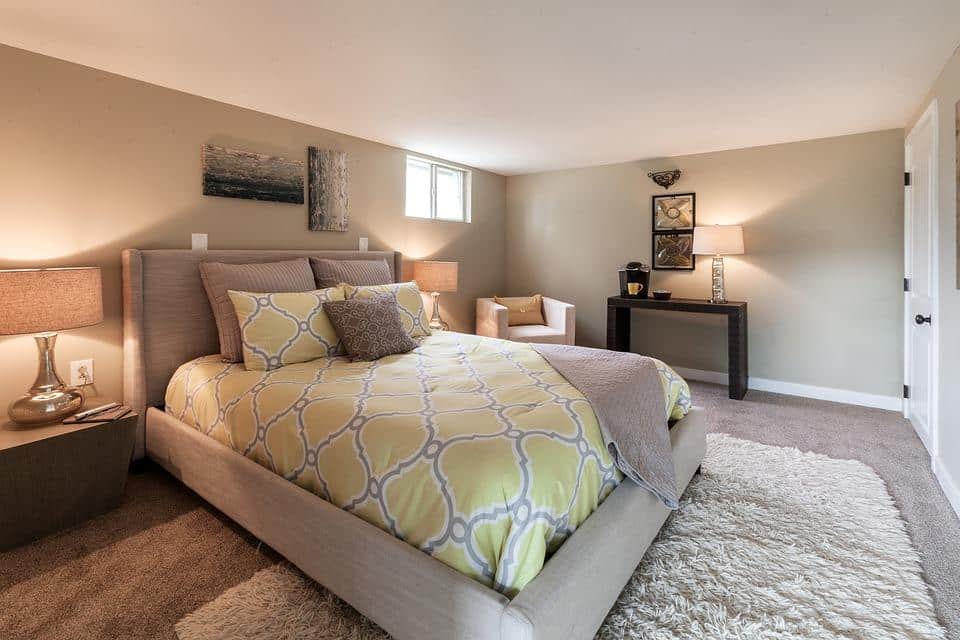Home Renovation Mistakes to Avoid: Expert Tips

Home renovations can be exciting, but they also come with many potential challenges. Whether you’re updating a single room or overhauling your entire house, being aware of common mistakes can save you time, money, and frustration. In this blog, we’ll explore expert tips to help you navigate the renovation process smoothly and achieve the results you desire.
Why is Proper Planning Crucial for Home Renovations?
Proper planning is the foundation of any successful home renovation project. Without a clear roadmap, you risk cost overruns, missed deadlines, and disappointing results. A well-thought-out plan helps you define your goals, set realistic expectations, and create a framework for decision-making throughout the renovation process.
One of the first steps in planning is to clearly define your objectives. Are you looking to increase functionality, improve aesthetics, or boost your home’s value? Understanding your goals will guide your decisions on design, materials, and budget allocation.
Creating a detailed timeline is another critical aspect of planning. This should include not only the construction phase but also time for design, permitting, and unexpected delays. A realistic timeline helps manage expectations and reduces stress during the renovation.
Don’t forget to consider how the renovation will impact your daily life. Will you need to move out temporarily? How will you manage cooking if the kitchen is being renovated? Addressing these practical concerns in advance can prevent headaches later on.
Lastly, involve professionals early in the planning process. Architects, designers, and experienced contractors can provide valuable insights, helping you refine your ideas and avoid potential pitfalls before work begins.
How Can You Avoid Underestimating Costs?
Underestimating costs is one of the most common and potentially devastating mistakes in home renovations. It can lead to financial stress, project delays, or even unfinished work. To avoid this, it’s crucial to create a comprehensive and realistic budget from the outset.
Start by researching the average costs for similar projects in your area. This will give you a baseline to work from. Remember that costs can vary significantly depending on factors like the quality of materials, the complexity of the work, and local labor rates.
Always include a contingency fund in your budget. Experts typically recommend setting aside 10-20% of your total budget for unexpected expenses. This could cover hidden issues discovered during the renovation, such as outdated wiring or structural problems.
Get multiple quotes from contractors and be wary of estimates that seem too good to be true. A significantly lower quote might indicate that the contractor is cutting corners or hasn’t fully understood the scope of the project.
Finally, keep track of all expenses throughout the renovation. This includes not only major costs like labor and materials but also smaller expenses that can add up, such as permits, temporary housing, or storage fees.
When Should You Hire Professionals vs. DIY?
The decision to hire professionals or tackle a renovation yourself depends on various factors, including your skills, the complexity of the project, and local regulations. While DIY can save money, it’s not always the best choice.
Consider your own abilities honestly. Simple tasks like painting or replacing fixtures might be suitable for DIY, but complex jobs involving electrical work, plumbing, or structural changes should be left to professionals. Mistakes in these areas can be costly and potentially dangerous.
Time is another important factor. DIY projects often take longer than anticipated, especially if you’re learning as you go. If you have a tight timeline or the renovation will significantly disrupt your daily life, hiring professionals might be more efficient.
When hiring professionals, do your due diligence. Check references, read reviews, and verify licenses and insurance. Don’t hesitate to ask for detailed quotes and explanations of the work to be done.
Remember that even if you’re not doing the work yourself, staying involved in the process is important. Regular communication with your contractors can help ensure the project stays on track and meets your expectations.
Why Are Building Codes and Permits Important?
Building codes and permits are not just bureaucratic red tape; they play a crucial role in ensuring safety, quality, and legal compliance in home renovations. Ignoring these requirements can lead to fines, work stoppages, or even having to undo completed work.
Different types of renovations may require different permits. For example, structural changes, electrical work, and plumbing modifications often need specific approvals. Research your local regulations or consult with a contractor to understand what permits you’ll need.
Obtaining the necessary permits can seem time-consuming, but it’s an important step that can save you headaches later. Permitted work is typically inspected, providing an extra layer of quality assurance for your renovation.
Keep in mind that unpermitted work can cause problems when you try to sell your home. Many buyers and real estate agents are wary of renovations done without proper permits, as it can indicate substandard work or potential legal issues.
Working with experienced local contractors can be helpful in navigating the permit process. They should be familiar with local regulations and can often handle the paperwork on your behalf.
How Can You Balance Aesthetics and Functionality?
While it’s natural to focus on the visual aspects of a renovation, balancing aesthetics with functionality is key to creating a space that not only looks good but also works well for your lifestyle.
Start by considering how you actually use the space. A beautiful kitchen might look great in photos, but if it doesn’t provide adequate storage or efficient workflow, it won’t serve you well in daily life.
Think about long-term practicality as well as current trends. While it’s fine to incorporate fashionable elements, ensure that the core design will still be functional and appealing years down the line.
Don’t overlook important but less visible elements like insulation, wiring, or plumbing upgrades. These improvements can significantly enhance your home’s comfort and efficiency, even if they’re not immediately apparent.
Consider working with a designer who can help you strike the right balance. They can offer creative solutions that marry form and function, ensuring your renovated space is both beautiful and practical.
In conclusion, avoiding these common renovation mistakes can help ensure your project runs smoothly and results in a space you’ll love for years to come. Remember, thorough planning, realistic budgeting, knowing when to hire professionals, respecting building codes, and balancing aesthetics with functionality are key to a successful home renovation.



